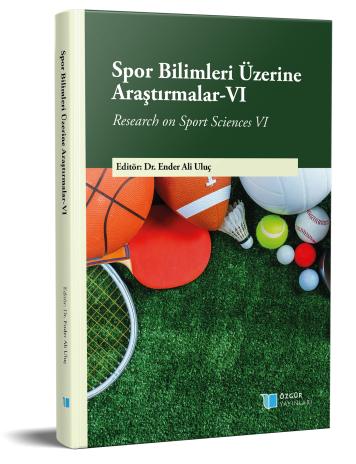
The Importance of Play for Motor Development in Early Childhood Education
Chapter from the book:
Uluç,
E.
A.
(ed.)
2023.
Research on Sport Sciences- VI.
Synopsis
Early childhood period is a critical phase in a child's development. This period shapes the child's future life and character. Early childhood education is a comprehensive education covering the development of children from 0 to 72 months. Early childhood education is a planned and programmed education for the child's survival, growth, development, and maturation. It prepares the child for school and academic life, which is why it is also referred to as preschool education. During early childhood, a child exhibits physical, motor, cognitive, emotional, and social development. All these aspects of development are interrelated and mutually enhancing factors. Among these developmental aspects, motor development encompasses many skills such as standing, walking, running, jumping, grasping, catching, and playing with a ball. In early childhood education, play is considered the most effective tool for promoting motor development. Play is an essential element of education during this period. Well-planned games in the curriculum can assist teachers in achieving targeted development. It is the teacher who will enable the child to develop motor skills through play. With the selection and implementation of appropriate games, teachers support the child's development. Teachers in the instructional part of early childhood education should possess the required qualifications.

